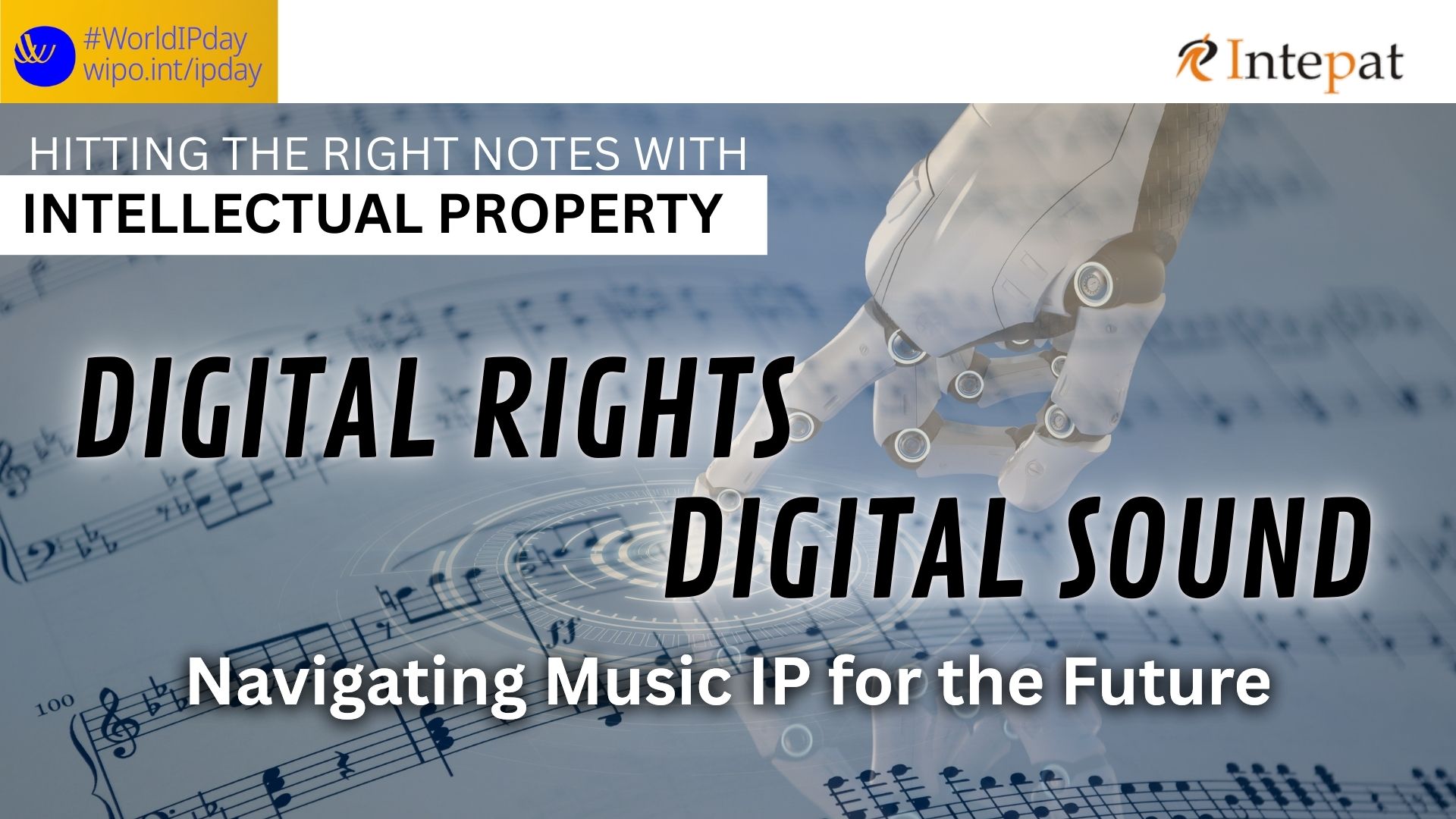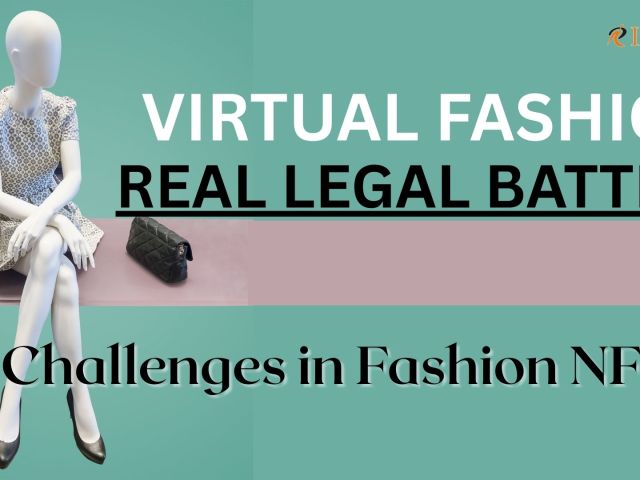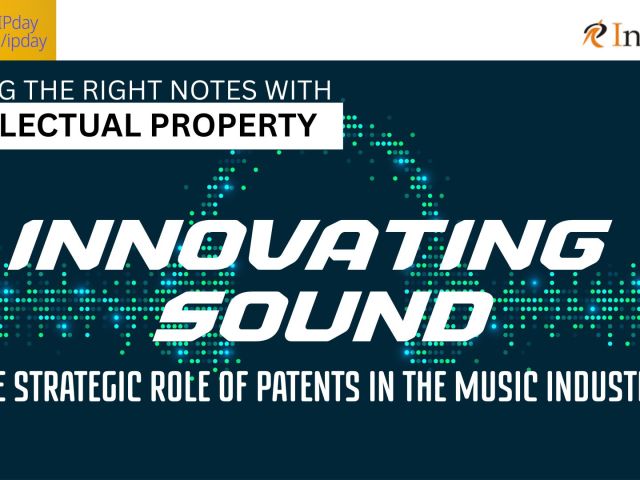The music industry is in constant flux, driven by waves of technological innovation. From the advent of electric instruments to the digital studio revolution, each shift has brought new creative possibilities and new challenges for protecting your work. Today, artificial intelligence (AI) is the latest game-changer, demanding that musicians and industry professionals understand the evolving landscape of intellectual property (IP) law to safeguard their rights and careers.
In alignment with World Intellectual Property (IP) Day‘s theme, ‘IP and Music: Feel the Beat of IP,’ and our ongoing campaign, ‘Hitting the Right Notes with Intellectual Property,’ this article will examine how artificial intelligence (AI) and other technological advancements are revolutionizing the music industry,
Understanding Your Rights in the Digital Realm
The digital age has transformed how music is distributed and consumed, creating both opportunities and threats to a musician’s IP.
- Copyright in the Digital Space: Your original musical compositions and recordings are protected by copyright. However, the ease of digital copying and sharing online makes it crucial to understand how to register your copyright, monitor its usage, and enforce your rights against infringement.
- Streaming and Licensing Complexities: Streaming platforms have become the primary source of music consumption, but the licensing ecosystem can be complex. Musicians need to be aware of the different types of licenses, performance rights organizations (PROs), and digital rights management (DRM) technologies to ensure they are fairly compensated for their work.
- Digital Tools and Ownership: Digital Audio Workstations (DAWs) and sampling technologies have democratized music production, expanding access. While these tools offer incredible creative power, they also raise questions about ownership when using samples or collaborating online. Clear agreements and documentation are essential to protect your contributions.
AI’s Impact: Opportunities and Challenges for Musicians
AI is rapidly changing how music is created, performed, and marketed. For musicians, this presents both exciting new tools and potential pitfalls.
- AI as a Creative Partner: Artificial Intelligence can assist in composition, generate variations, and even personalize music experiences. As a musician, understanding how to use these tools effectively while retaining ownership of your creative input is vital.
- Authorship in the Age of AI: If you use AI to create a song, who owns the copyright? This is a complex legal question. Is it you, the programmer, or the AI? Musicians need clarity on authorship to protect their work and negotiate fair deals.
- Protecting Your Unique Sound: As AI tools become more sophisticated, it may become easier for others to replicate your style or sound. This highlights the importance of protecting your unique musical identity through trademarks and other IP strategies.
Patents: Protecting Your Music Technology Innovations
If you’re developing new instruments, effects, or software, patents can be a powerful tool to protect your innovations.
- Utility Patents for Functionality: If you invent a new way to synthesize sound or a unique audio effect, a utility patent can protect the underlying technology. This prevents others from copying your invention.
- Design Patents for Aesthetics: If you design a unique-looking instrument or piece of equipment, a design patent can protect its visual appearance. This helps you establish your brand and prevent others from copying the look of your products.
- Strategic Patenting: Consider how patents can complement your overall IP strategy. Protecting both the way your technology works (utility patent) and how it looks (design patent) can provide comprehensive protection.
Practical Steps for Musicians to Safeguard Their Rights
Here are actionable steps musicians can take to protect their IP in the digital and AI age:
- Copyright Registration: Register your original musical works and recordings with the appropriate copyright office. This provides legal proof of your ownership and strengthens your ability to enforce your rights.
- Clear Agreements: When collaborating with other musicians, producers, or AI developers, or even entering licensing agreements, always have clear written agreements that define ownership, usage rights, and royalties.
- Trademark Your Brand: Protect your band name, logo, and any other distinctive branding elements with trademarks. This helps you build your brand and prevent others from using it without permission.
- Monitor Your Music Online: Use tools and services to track where your music is being used online. This helps you identify potential copyright infringement and ensure you are being properly credited and compensated.
- Stay Informed: Keep up-to-date with the latest developments in IP law and technology. Attend workshops, consult with legal professionals, and join industry organizations to stay informed.
The Future of Music IP: A Call to Action
The digital and AI revolutions present both challenges and opportunities for musicians. By understanding your IP rights, taking proactive steps to protect your work, and staying informed about the evolving legal landscape, you can navigate this changing environment and build a sustainable and successful career. At Intepat IP, we see ourselves as your partner in this journey, offering comprehensive IP services to help you secure your creative legacy. The future of music is in your hands, protect it!




